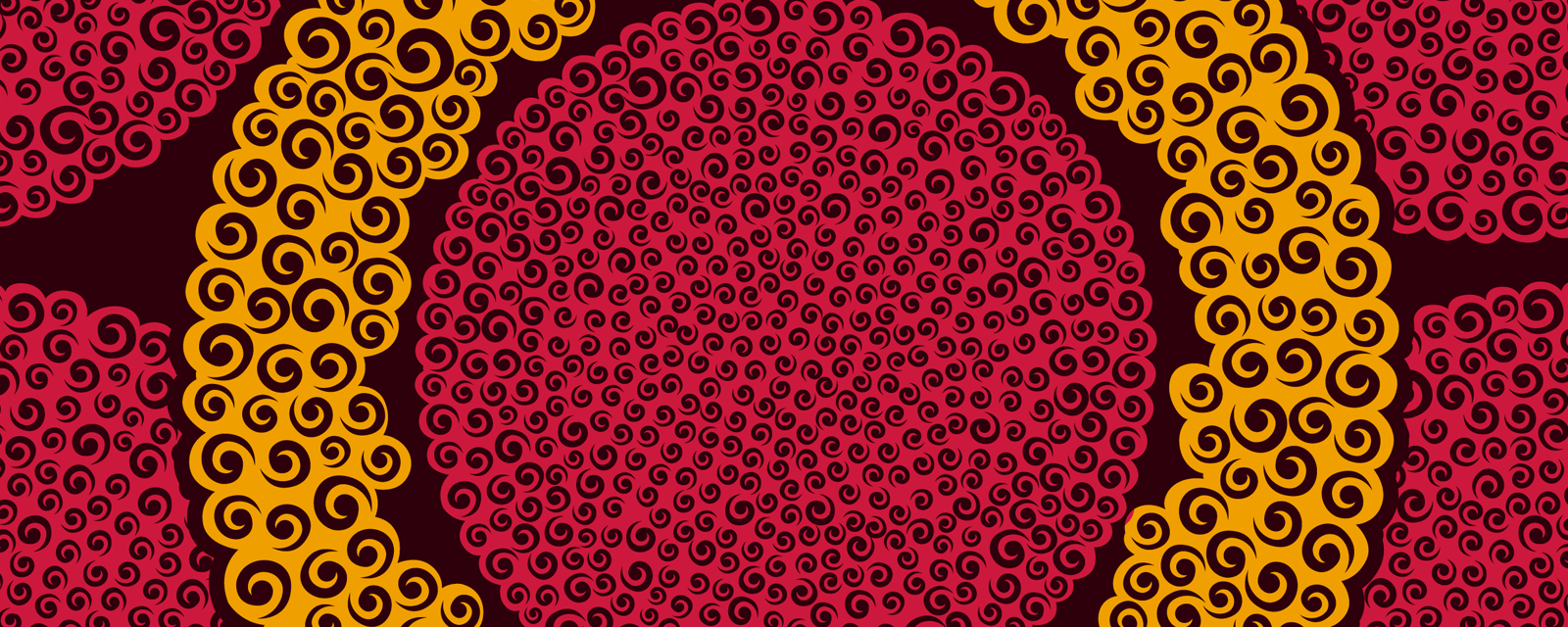Previous poems about Ògún, the Yorùbá god of blacksmiths, hunting and warfare, (see A Salute to my Ogun and Ogun, God of War 1 & 2) have praised this Òrìṣà as a terrible but necessary god. Terrible in that he is the personification of war with all its accompanying violence, horror and death. Necessary in that he represents victory through conflict and that as patron of blacksmiths and hunters is responsible for many of the innovations that make civilisation possible.
The following poem is an extract from an Ìjálá (hunters poems) performance by Raaji Ogundiran Alao on a ritual occasion in his hometown, Eripa in Osun State, Nigeria. The translation is by the famous scholar of Yorùbá Ìjálá, Adeboye Babalola.
Here the Ìjálá poet scolds those who call upon Ògún for trivial matters, such as seeking protection on their travels. Whilst he proudly declares himself a devotee of Ògún, and scorns the farmers who worship mere trees, he has particular contempt for those who invoke Ògún without awareness of the volatility of this ferocious Òrìṣà. He recounts how “Ògún passed through Ilogbo town”, a way of saying that violence broke out in Ilogbo town, and describes the trail of destruction left behind. He concludes with a plea to Ògún to never become enraged in his presence. The Ìjálá finishes with the poet calling upon Eluku, an ancestoral spirit represented by a costumed masquerader, and leading a short song praising Ògún as an innovator.
It is now high time for me to say as follows:
It is the god Ògún that I worship,
But the country bumpkins worship mere trees. (1)
MOgun would be a fitting epithet for Ire. (2)
Mogbe would be a fitting epithet for Ilakuko citizens. (3)
Those who are not wise,
Those whose mental development was arrested in childhood,
Say they want Ògún to drive them back on their way to the river.
Whenever some people say this,
I comment, drawing attention to them as foolish people.
Absolute nincompoops they are.
Complete morons, thorough simpletons.
Only unwise people whose development stopped in childhood
Request Ògún to drive them back on their way to the river.
Ògún, please don’t drive me from anywhere.
On the day Ògún passed through Ilogbo town, (4)
The inhabitants were thrown into wailing.
Children’s heads lay scattered on the ground like broken pestles
Adults’ heads lay scattered about, like African bread-fruits.
We started appealing to Ògún, begging him not to ruin Ilogbo town.
Ògún, please don’t grow angry in my home any day.
Will you now sing the refrain to my song?
(Whatever song the Eluku starts his followers sings its refrain.) (5)
Song:
Lead: Innovations are my stock-in-trade with my Ògún.
Innovations are my stock-in-trade with my Ògún.
All you fellow-hunters, this is how far I have come with hunting.
Refrain: Innovations are my stock-in-trade with my Ògún.
Collected and translated by Professor Adeboye Babalola,
from his essay A Portrait of Ogun as reflected in Ijala Chants
taken from Africa’s Ogun: Old World and New,
Second Expanded Edition, Edited by Sandra T. Barnes,
Indiana University Press (1997)
Footnotes
- Yorùbá religion gives sacred significance to trees, with the Iroko, Araba, Akoko and Ayan trees all regarded as inhabited by unique spirits with their own mythology. Farmers in particular have revered and made offerings to trees.
- MOgun: “Ògún’s place”. Refers to the town of Ire which annually holds a festival for Ògún.
- Mogbe: “a place where roosters crests abound”. Refers to the village of Ilakuko and the many cockerels there.
- Illogbo is another town in the Osun area. The statement is a way of saying that violence broke out in the town between rival groups.
- Eluku is an ancestoral spirit represented by costumed masquerader who leads the children attending the ritual to sing

